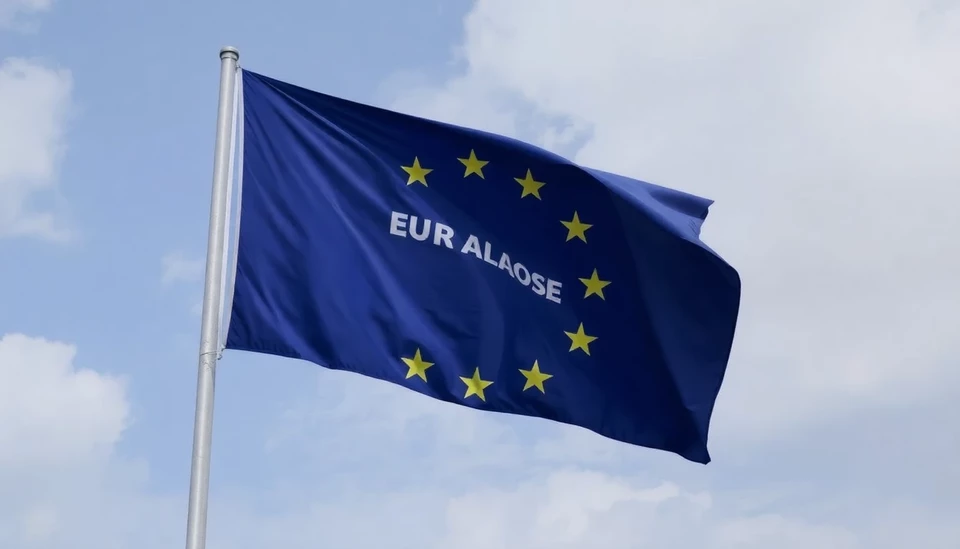
In a significant development, the European Union has reached a formal agreement to delay the implementation of its contentious deforestation regulation by one year. This decision, announced on December 3, 2024, comes as member states negotiated the finer points of the law, aimed at combatting global deforestation linked to European imports. The legislation, originally set to be enforced in early 2025, will now take effect in 2026.
The delay has resonated with various stakeholders concerned about the implications of the law. The regulation is designed to prohibit the importation of certain products linked to deforestation and forest degradation, which could include goods such as coffee, cocoa, and palm oil. Advocates of environmental reform lauded the bill's intent but raised alarms over the potential economic impact on producers and traders who may face challenges in adhering to new, rigorous criteria.
The postponement allows time for additional consultations and assessments of the regulation’s potential effects on businesses. Several EU member states, particularly those with significant agricultural sectors or trading relationships with countries relying on forestry resources, expressed the need for a comprehensive analysis to mitigate negative repercussions on their economies. This period will be critical for stakeholders to develop systems that comply with the anticipated regulations while ensuring that their supply chains remain sustainable.
Reports indicate that during the negotiations, some EU countries pushed for more leniency in the implementation timeline, arguing against the rushed approach to uphold environmental objectives at the expense of economic viability. This resulted in a compromise to push back the law’s enforcement, aiming for a balanced approach that addresses ecological concerns while supporting European businesses.
This new timeline provides an opportunity for further assessment of the legislation’s details, including its implications for international trading partners. It is expected that the commission will now turn its focus to deeper consultations with impacted industries, environmental organizations, and third-party countries to foster a collaborative approach in combating deforestation globally.
As the global awareness regarding climate change and environmental preservation rises, the EU's decision to adjust the timeline reflects its recognition of the complexities involved in global supply chains and environmental policies. The potential repercussions of stringent regulations have sparked a dialogue among EU members on the need to find solutions that are both ethical and economically sustainable.
This delay marks another chapter in the EU’s ongoing quest to align its trade policies with its ambitious environmental goals. While the postponement may be seen as a setback by some environmental advocates, it presents a critical moment for stakeholders to engage robustly in shaping a framework that can meet economic and ecological needs.
The EU’s efforts underscore a growing acknowledgment of the interconnectedness of global trade and environmental stewardship, paving the way for potential collaboration toward sustainable practices that can extend beyond borders.
#EUDeforestationDelay #SustainableTrade #EnvironmentalPolicy #EUnews #ClimateAction
Author: Sophie Bennett




